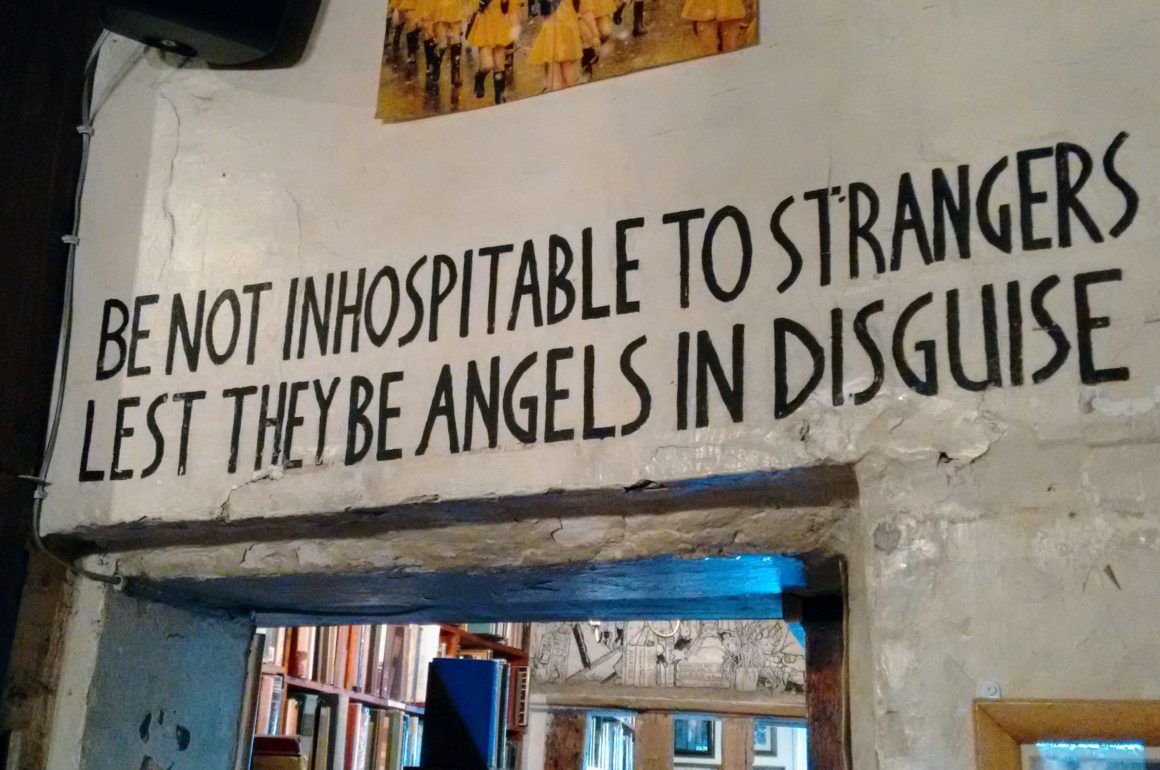
Travel shaming, is it a thing? Is it a natural emotion born out of … out of what? Envy, economics, frustrations, illness, sadness, manipulations, where did it come from?
Let me just start by saying that if you ask 100 people the same question, it’s a good bet you’ll get 100 different answers. I did my homework before putting fingers to keyboard and what I found is that just like most everything, there are a multitude of perspectives when it comes to the topic of this post. Travel shaming.
Travel Shaming
I came across the subject of travel shaming when I spotted an article headline in the New York Times. Curious, I clicked open, read the article and thought…yep. It’s a thing. The story focused on a young woman who was planning to fly across country, rent a car and take a road trip to the national parks in the southwest. Sounds ideal, right?
She made the decision to not post any highlights of her road trip on social media. She wanted to take a break and see some beautiful country without having to deal with potential travel shaming.
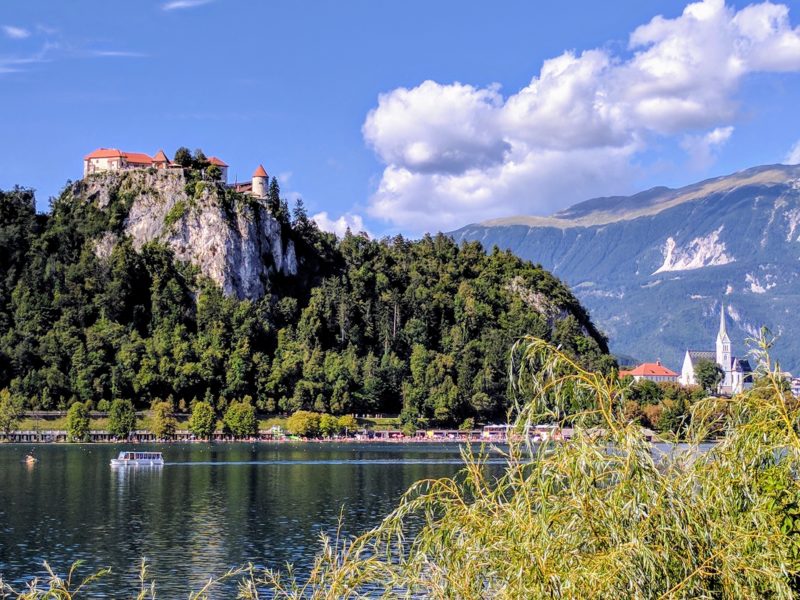
The article drove home my own struggle with how to write a travel blog while being cognizant of, and sensitive to, the big picture. With that thought in mind, I posed the following question, along with a link to the article, on our Facebook page and asked readers and fellow travel writers to weigh in on the topic.
- “If people have the resources to travel and they take all of the necessary precautions to travel safely, do they have to justify their travels? Is travel shaming a thing? If you were to travel, even for a daycation, would you think twice about posting on social media in this time of Covid-19 when so many are hurting?”
We’ve stopped all travel for the foreseeable future, and sharing very little travel information on social media. We feel it is irresponsible to travel and promote it under the current circumstances. At this point in the lifespan of the COVID-19 pandemic, people have made a conscious decision what matters most to them. They are either part of the problem or part of the solution. No point arguing with them, nor shaming them.
https://wavejourney.com/
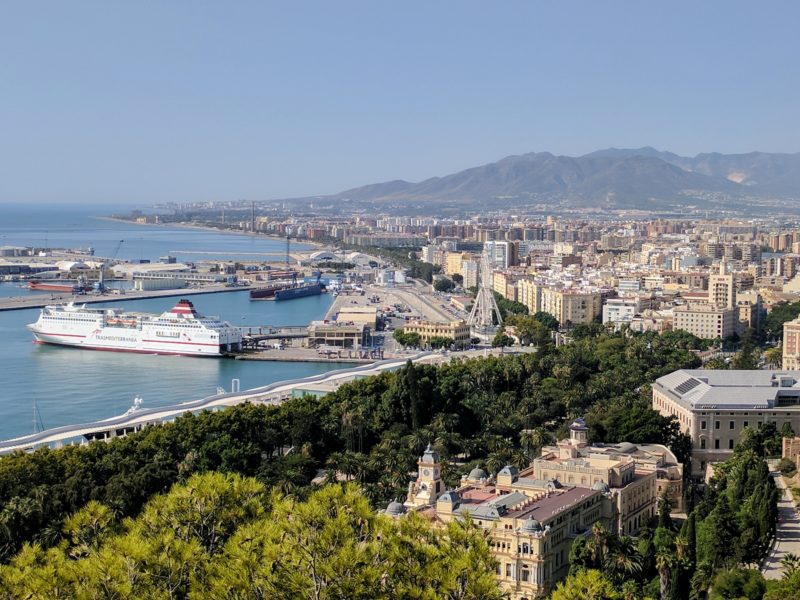
A Balancing Act
Travel writers, bloggers, photographers, etc., are trying to navigate the impact of the pandemic on the travel industry. It’s a balancing act. Thankfully, we have not experienced any shaming. At the same time though, we have significantly reduced our presence on social media and we are not publishing posts on our site as often. Some of these decisions are natural consequences of not traveling, while others are born out of respect for this pandemic life.
We do feel responsible, more than we ever have, about what we write and how often we publish. Each and every one of us has to define our path until the world regains some sense of balance. It’s a constant dance.
An Age-Old Notion
I suppose shaming, in any form, is an age-old notion. It’s sad, isn’t it? Why do we have to make other people feel bad, to make ourselves feel better?
The young woman featured in the NYT’s article just wanted a break. I think we can all understand that need, which is how I came up with my original question. Does she have to justify her want/need to take a vacation if she can do so with reasonable precautions?
I couldn’t care less if people try to travel shame us. We’ve been more than careful, always wearing masks, washing our hands, and keeping our distance from others as much as we can during the pandemic. We’ve stuck to essential travel – but if we decide we want to do more than that we will, and will do so responsibly and safely within all the rules. There will always be shamers of some sort. Part of getting older is ignoring those people.
https://bbqboy.net/
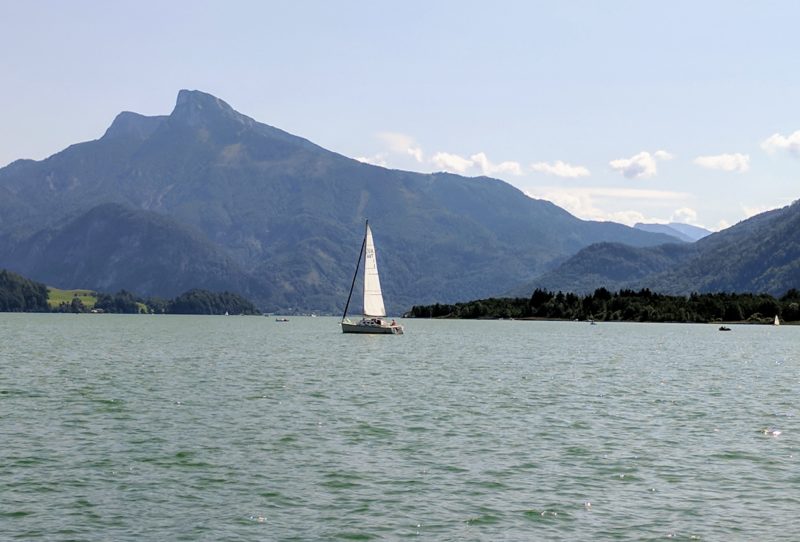
A Double Edged Sword
I actually struggle with all of this because I believe it to be a double edged sword. A young woman who wanted to quietly take a road trip is, in my book, not the same as 100,000+ motorcyclists roaring in to a small town in South Dakota for an annual biker rally. It’s a long-standing tradition, The Sturgis Motorcyle Rally. Yet, to see the bikers proudly boasting they took no precautionary measures to prevent the spread of Covid-19, does tend to invite a whole lot of judgement. It’s one thing to disregard personal health, it’s another to blatantly ignore the potential ramifications of spreading the virus to others. Which one, if either, deserves a dose of travel shaming? The young woman or 100,000+ bikers?
The Definition of Travel
Maybe, the question of travel shaming lends itself to the actual definition of travel. Is there a line in the sand so-to-speak as to what constitutes travel and in turn, what warrants travel shaming?
- “Perhaps travel cannot prevent bigotry, but by demonstrating that all peoples cry, laugh, eat, worry, and die, it can introduce the idea that if we try and understand each other, we may even become friends.” Maya Angelou
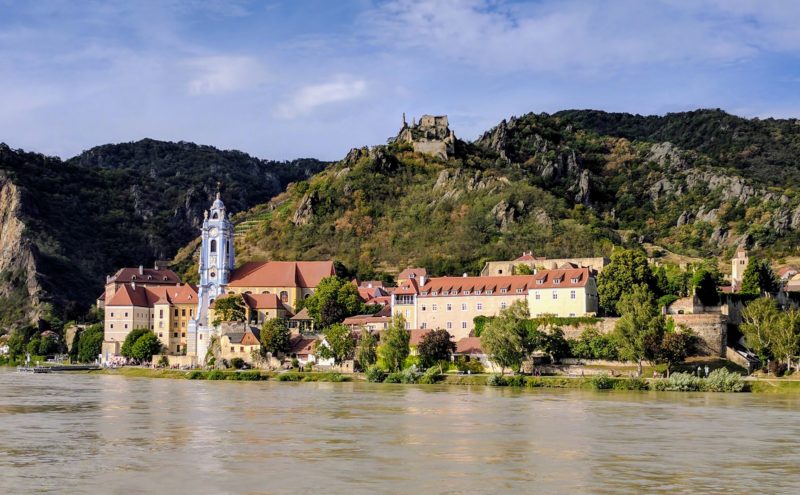
We try to keep the desire to travel at bay by exploring within 100 miles of home, a.k.a. Daycation. Does a daycation fit the definition of travel? We think so, but we also feel it’s an example of responsible travel. It’s actually proven to be quite enjoyable and it’s a way in which we can explore while utilizing all the precautionary measures. We drive our car, we pack our cooler with food and drinks, and we have our hygiene bag. Of course we have our masks and protective eye wear, along with disposable gloves, hand sanitizer and sanitizing wipes. Does a daycation warrant travel shaming?
Is it the experience of boarding a plane or ship or train that feels as if it more clearly defines travel? RV rentals and sales are on the rise as people try to define travel in a way in which they’ll feel safe without worry of spreading, or contracting, the virus. Airbnb rentals are back in business as well. We have friends near Asheville, North Carolina and their Airbnb rentals occupancy has steadily increased over the course of the summer. Do these type of self-catering travel accommodations warrant travel shaming?
Is it a Global Thing?
I got to thinking, is travel shaming a global thing, or is it more prone to happen in the US? We know several people in the EU who are back out there traveling. The world is moving forward, but the US is not.
For those who long to travel abroad, they cannot do so if they travel with a US passport. We’ve mentioned this before; with a few exceptions, the EU and many countries around the world have a travel ban against US travelers. It is still in effect and sadly, I don’t think it’s going to end any time soon. Not with the current administration denying the width and depth of the spread of Covid-19. To date, in the US, there are 6.26 million reported cases and 188,000 deaths, and the numbers continue to climb. It’s heartbreaking. It’s terrifying.
Do the US statistics lend themselves to travel shaming? Is it more prevalent in the US because so many are hurting?
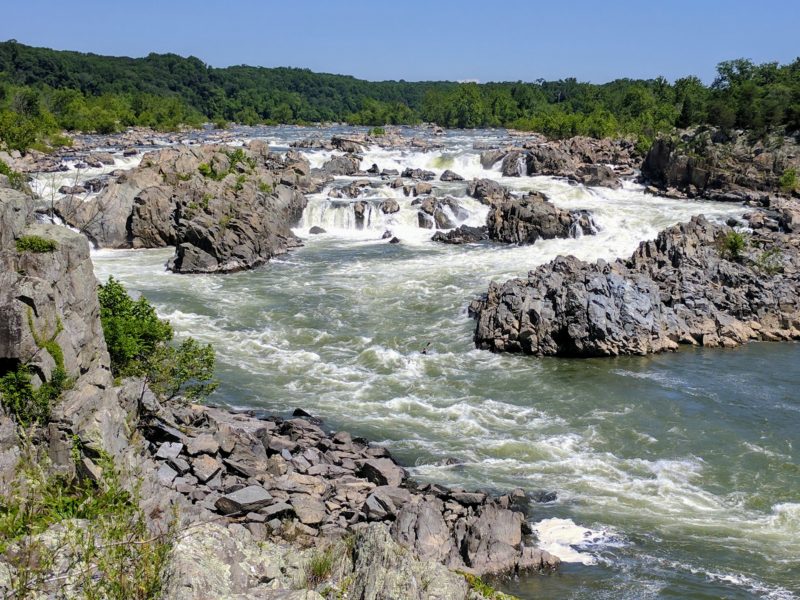
What’s the Answer?
I have no idea what the answer is, I don’t believe any of us do. In the US, a country of 328+ million people, it’s not conceivable to mandate everyone stay home, not work, not go outside, or shop, and certainly no travel. It’s impossible. It’s impossible because millions, and millions, of people are not going to adhere to the mandates. They won’t even wear a mask. The virus is here to stay. So, does that mean no one can travel, in any way shape or form, until there is a worldwide vaccine,? Or, if they do choose to travel do they have to keep it to themselves? I don’t know. What I do know is that travel shaming serves no purpose. It isn’t going to change minds one way or the other.
- “The happiest people I know are always evaluating and improving themselves. The unhappy people are usually evaluating and judging others.” Lisa Villa Prosen
With all of that being said, I’m going to circle back to my original question and invite you to weigh in with your thoughts.
- “If people have the resources to travel and they take all of the necessary precautions to travel safely, do they have to justify their travels? Is travel shaming a thing? If you were to travel, even for a daycation, would you think twice about posting on social media in this time of Covid-19 when so many are hurting?”


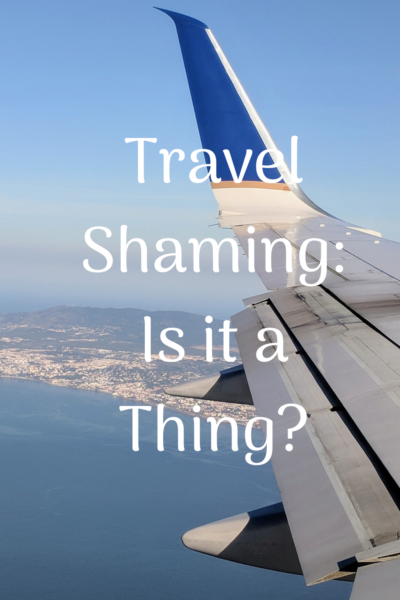


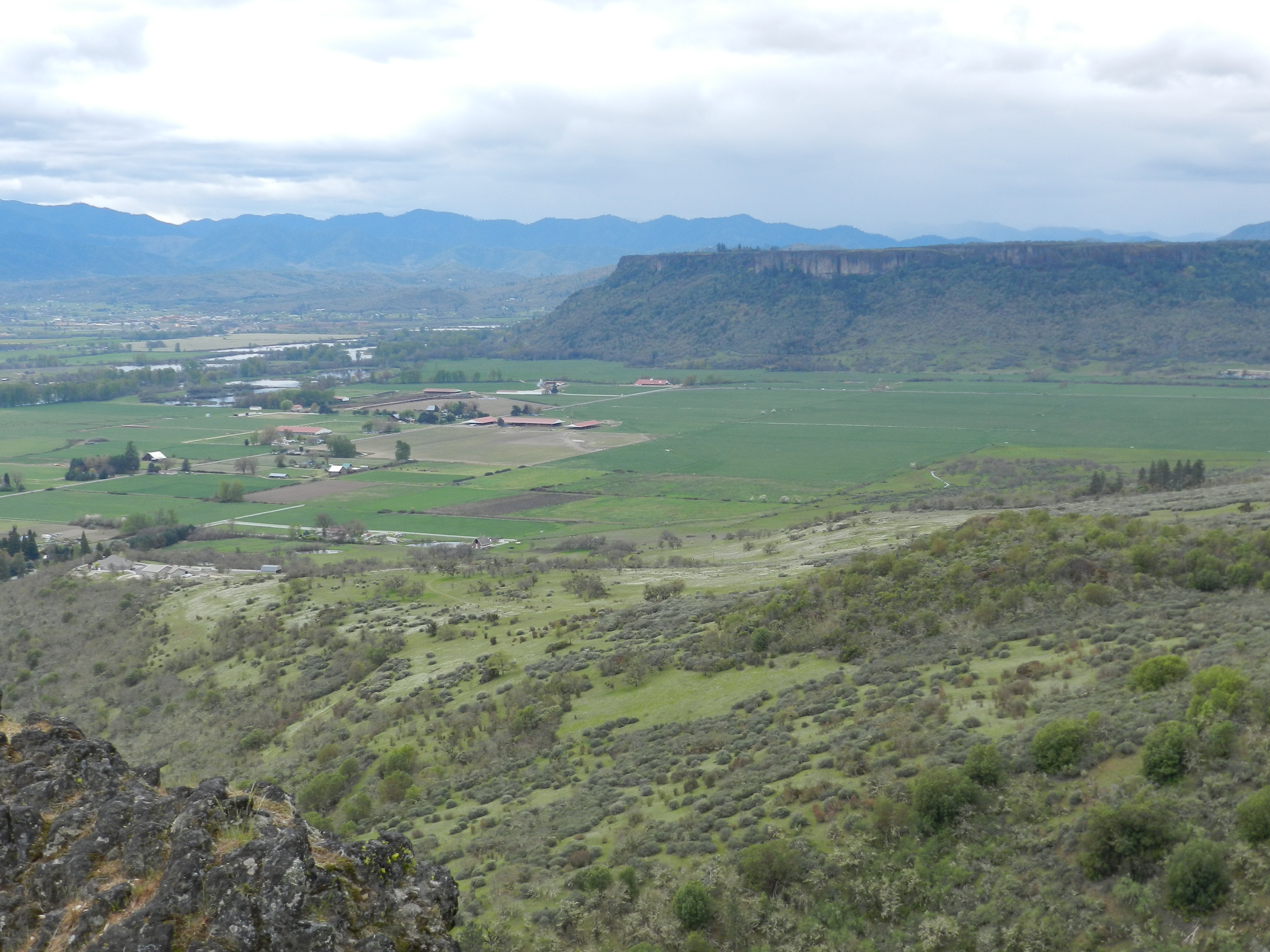
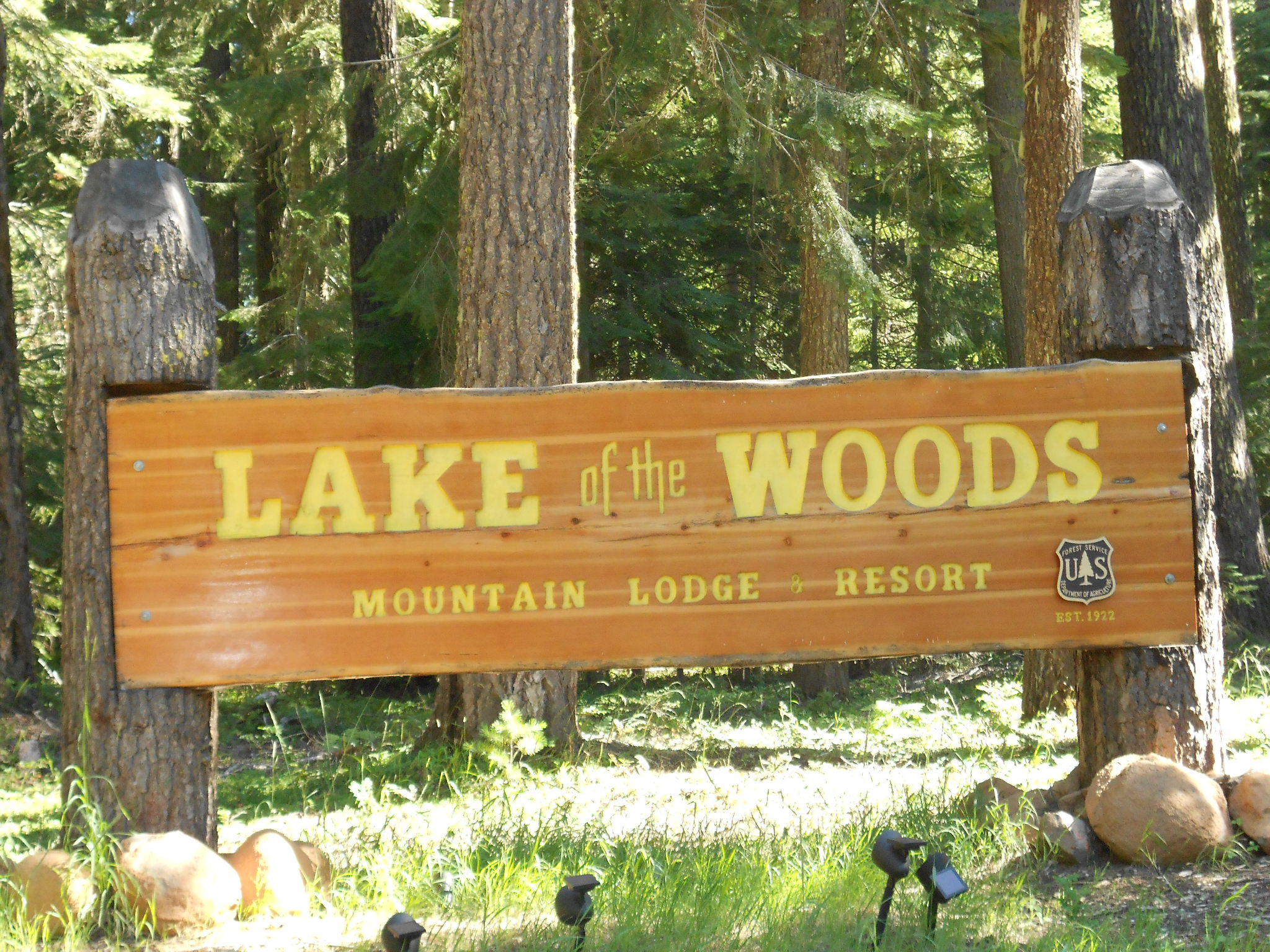
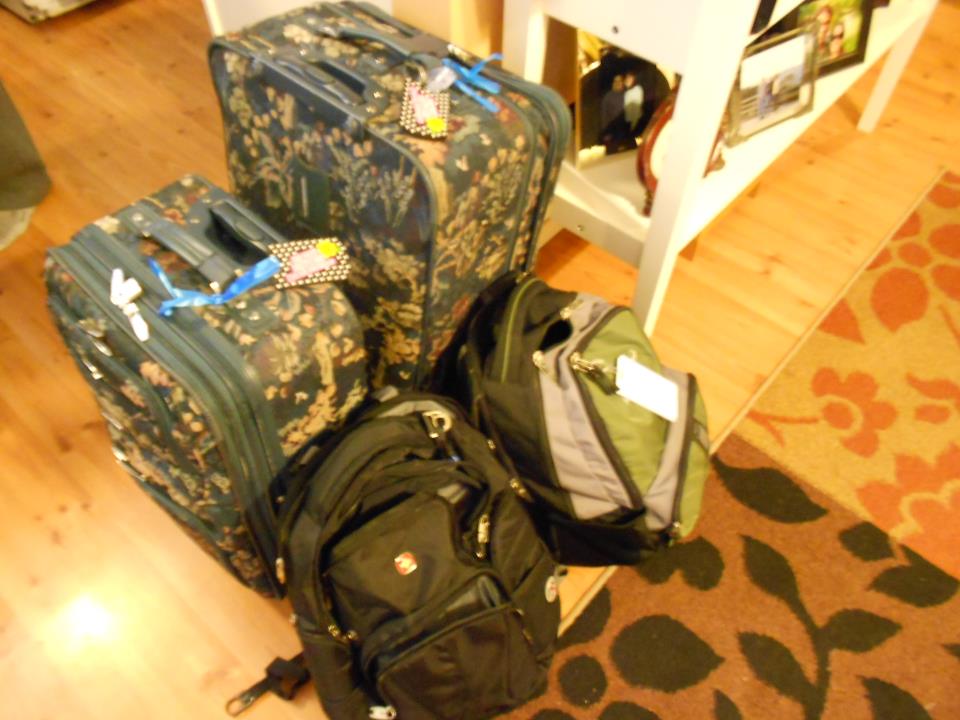





I guess we all lash out to others because we feel so helpless. Plus, we all get the notion that everybody else is doing what they want and it seems that only we are doing the ‘right thing’.
The Dominic Cummings fiasco in the UK at the height of the pandemic cost the nation dearly, we were all trying to do the right thing, but here was a government adviser doing whatever the hell he wanted. So many just went out after that and did whatever they wanted.
The way things are right now? I think that as long as we distance, wear masks and eat outside as much as possible … where is the harm?
Jammie D recently posted…PHP VS IOP: Which Addiction Treatment Program is Right for You
Yes I’ve heard read an article about travel shaming. I think if we all stopped judging each other a bit that would be helpful. We finally made a decision to travel to the US next week as we have not seen family members for almost a year and I miss being with my kids in particular in person. I definitely feel safe here on the coast of Oaxaca Mexico than I will in the US – we have been fortunate to have had so far just a handful of Covid cases here. Nothing wrong with traveling responsibly and for good reason so I guess it depends where you live and where you want to go.. and why?
Peta
You’ve really found a beautiful piece of paradise in Oaxaca, I love your beach photos. Travel safely back to the US, we have what we refer to as our hazmat gear. When we do have to go out we wear masks, protective eye wear and if we “have” to go in to a business/shop, we wear gloves and we never touch door handles, etc., It’s ridiculous, but there it is. I’m sure you’ll be over the moon happy to be back with your family, enjoy!!
Yes, I think travel shaming is definitely a thing. When I had to move during lockdown due to insecure housing issues, a close family member verbally attacked and shamed me for it, even though I really didn’t have any choice at the time. I think some people are so terrified that they have become obsessed with following the rules to the absolute letter and have no empathy for people who physically can’t.
When it comes to travel, I think following what your government advises is a good place to start and I always make sure to wear a mask, social distance, wash hands, etc. In the UK we’re allowed to travel nationally and lots of people took summer holidays to Europe – with criticism from some. Due to unaffordable living costs in London we have actually just received work visas to return to Vietnam, which I feel incredibly fortunate for. I can’t wait to get out of the UK, I personally find it miserable here at the moment. Even then, we still have tricky stuff to sort and must follow the testing and quarantine requirements Vietnam has set, so things aren’t certain yet.
It’s a really weird time for travel x
I think that’s a good analogy, so many are so terrified they can’t fathom a different course of action others take and it leads to all kinds of judgment. I keep thinking that 7 months in to this pandemic life, we all have to find our way as best we can and do so safely. Unfortunately, here in the US we have an administration that works against the people, as you know.
I’m so glad to hear your work visas came through! I’ve been thinking of you as I know it’s getting close to the time you’re supposed to leave for Vietnam. I’ll keep my fingers crossed it all goes smoothly. Safe travels and take care, I look forward to hearing how it works out.
Oh yes, you’re right! I was thinking of the UK rather than the US when I said following government guidelines was a good place to start. Fingers crossed things change over there for you with the election – I know it’s been an awful year of f**k ups in the US (not that the UK administration is much better!) x

Amy recently posted…Our Tiny House and travel plans
Totally agree with Gilda! In fact the only shaming going on right here in Canada is for the Americans trying to sneak across the border or those taking advantage of the access highway to Alaska (they’re supposed to take the most direct route to Alaska – avoiding National Parks, sightseeing, etc).

Frank recently posted…August Recap: How Covid has changed us, thoughts on Montreal, and getting out…
We’ve been reading the articles about Americans who pretend they’re going to Alaska and then stay in BC, it’s ridiculous. They give all US travelers a bad reputation. As part of my research for this article, I set up a yes/no poll with a group of travel bloggers, 11 out of 18 said they had seen an example of, or experienced travel shaming. It’s a small sampling, but it’s indicative just the same and it will be interesting to see how it plays out.
I have not heard of “travel shaming” but it doesn’t surprise me, there are always people who will judge and criticise what ever you do. We are currently traveling by motorhome in Italy, we are following all the rules and taking all the necessary precautions. Having our home-on-wheels feels like a safe way to travel. We certainly don’t feel any shame or embarrassment for doing something we love and that is within the rules of the country we are visiting. In fact our tourist dolar is helping the economy.
I’m glad you haven’t heard of travel shaming, Gilda, maybe it means is hasn’t spread far and wide. It’s a crazy concept, but it’s out there. I’m keeping my eyes on the topic as I’d like to know if it’s more prevalent in the US. It wouldn’t surprise me at all given the current climate of chaos in the US. You two have certainly found a way to travel responsibly with your RV. I’ll be traveling along with you, vicariously.